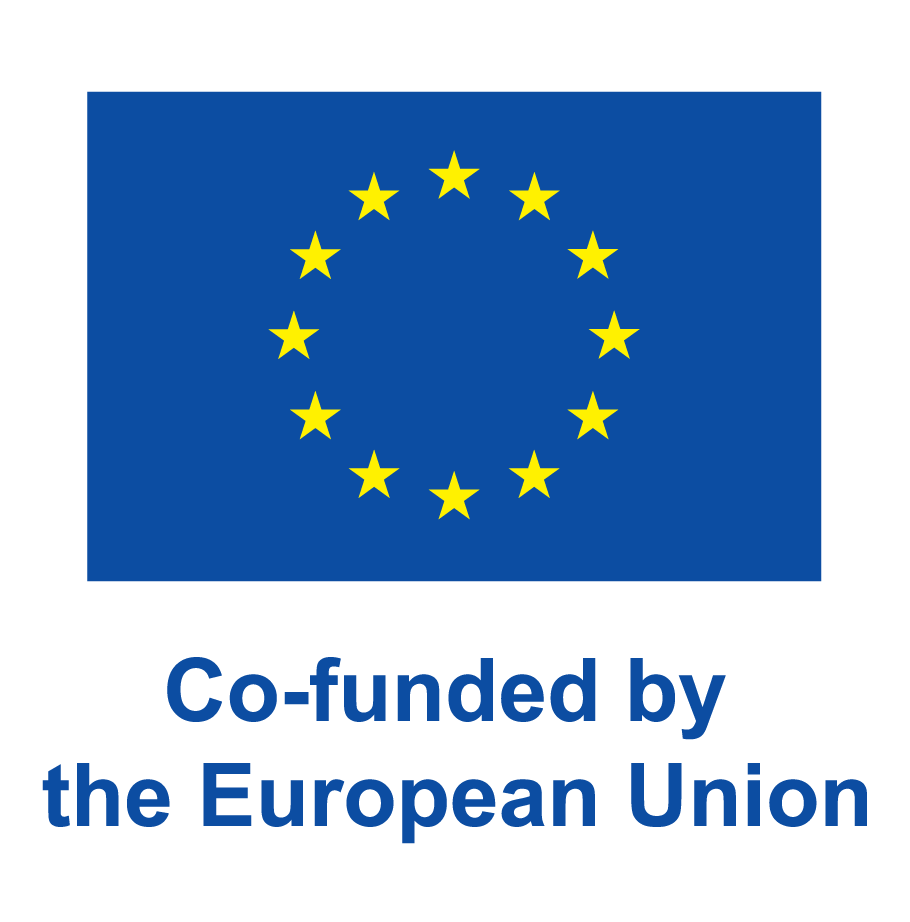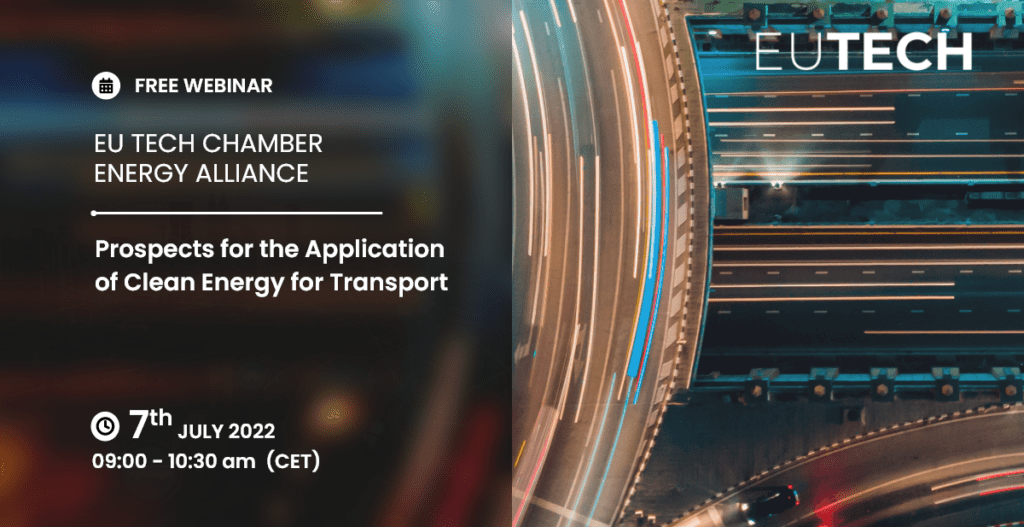Copyright 2025 © All Rights Reserved. Design by Tech.Forum Networking Platform



The transition of transport to “clean” energy contributes to the implementation of the SDGs 7 and 9. The share of vehicles in the world accounts for up to 20% of global CO2 emissions of which 75% belongs to road transport, the rest to the shipbuilding industry, railway transport, aviation. In the context of tightening environmental standards, it is developing transfer of transport from petroleum fuel to “clean” energy. The greatest results were achieved in the market of cars on batteries. 16 million electric vehicles (BEVs) and rechargeable hybrids (PHEVs) are already in operation in the world which account for 8.6% of all vehicles and in 2021 sales of such cars in the world (6.5 million units) increased by 83% compared to 2020 and in the EU – by 70% (2.3 million units). In Europe 5.6 million passenger cars are concentrated while the market share of electric vehicles – 21% exceeded the share of diesel cars. Of the more than 3 million city buses in the world, about 480 thousand belong to the category of electric buses. The leader is China with the share of electric buses up to 25% in the bus fleet and from which the EU countries started in 2017. At the same time work is underway in Europe to put electric buses into production. So, Mercedes-Benz has created in the battery version a newmodel of its city bus series Citaro. According to Bloomberg NEF the share of battery buses sold in Europe will reach 70% in 2030. Problems of electric vehicles: limited battery capacity (up to 100 kWh), small power reserve on a full charge (from 2 0 0to 500 km), imperfection of the charging infrastructure, high cost (in cost – 30% battery).
As a prerequisite for the future, hydrogen is considered as a “clean” fuel, which has unique motor properties. To achieve an environmental effect, it is necessary to create serial technologies for the production and use of “pure” hydrogen the development of the method of electrolysis of water using electricity from solar and wind power plants and reducing the cost of hydrogen.
At the end of 2020 a total of 4250 buses on hydrogen transport elements were operated in the world. In Germany FlixMobility has begun development of Europe’s first long-distance hydrogen bus – the HyFleet. In railway transport measures have been taken on environmentally friendly hydrogen and hybrid trains and locomotives. Germany is rated as promising for the use of hydrogen traction since about 35% of the local railway network remains unelectrified.
In marine transport where about 400 million tons of petroleum products are consumed annually, a strong source of environmental pollution is the release of sulfur oxides contained in cracking fuel oil. There is the introduction of cleaner fuel – LNG and as prospects is considered hydrogen fuel, produced from renewable energy using the option of liquefying hydrogen and placing it in compression tanks.
Several types of biofuels (bioethanol, biobutanol, biodiesel, biogas) obtained with the use of industrial alcohol, as well as from waste woodworking, agricultural and food production, are noted as promising applications for transport. In Britain, a locomotive test of biofuels based on hydrogenated vegetable oil (HVO) was carried out which are obtained by hydrotreating vegetable oils or animal fats, due to which co2 and nitric oxide emissions are significantly reduced during combustion.

| Cookie | Duration | Description |
|---|---|---|
| cookielawinfo-checkbox-analytics | 11 months | This cookie is set by GDPR Cookie Consent plugin. The cookie is used to store the user consent for the cookies in the category "Analytics". |
| cookielawinfo-checkbox-functional | 11 months | The cookie is set by GDPR cookie consent to record the user consent for the cookies in the category "Functional". |
| cookielawinfo-checkbox-necessary | 11 months | This cookie is set by GDPR Cookie Consent plugin. The cookies is used to store the user consent for the cookies in the category "Necessary". |
| cookielawinfo-checkbox-others | 11 months | This cookie is set by GDPR Cookie Consent plugin. The cookie is used to store the user consent for the cookies in the category "Other. |
| cookielawinfo-checkbox-performance | 11 months | This cookie is set by GDPR Cookie Consent plugin. The cookie is used to store the user consent for the cookies in the category "Performance". |
| viewed_cookie_policy | 11 months | The cookie is set by the GDPR Cookie Consent plugin and is used to store whether or not user has consented to the use of cookies. It does not store any personal data. |
Some text in the Modal..